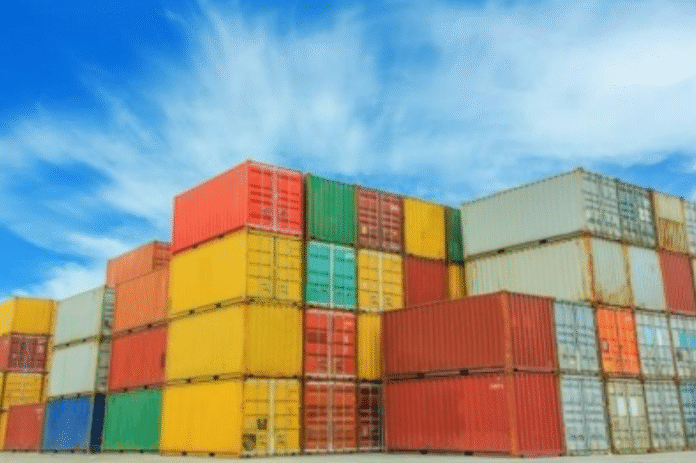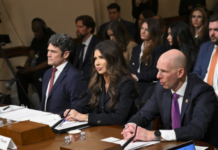NEW DELHI– With U.S. tariffs on Indian goods set to double to 50 percent later this month, a new report suggests India can soften the impact by expanding exports to other markets and tapping into benefits from its recently concluded trade pact with the United Kingdom, as well as a potential deal with the European Union.
The report by Crisil Intelligence warns that higher U.S. duties will hit India’s micro, small, and medium enterprises (MSMEs) the hardest. These businesses account for 45 percent of the country’s total exports, with heavy reliance on sectors like textiles, gems and jewelry, seafood, leather, and pharmaceuticals.
“The India-UK free trade agreement is supportive for MSMEs in export-oriented sectors,” said Elizabeth Master, Associate Director at Crisil Intelligence. She noted that while India’s share in UK imports is relatively small, the deal enhances competitiveness against rivals such as Bangladesh, Cambodia, and Turkey, and offers an advantage over China and Vietnam in readymade garments.
The report highlights that textiles, gems and jewelry, and seafood — together making up a quarter of India’s exports to the U.S. — are likely to feel the sharpest pain. MSMEs dominate these industries with more than 70 percent market share. The chemical sector, where small businesses account for 40 percent, is also expected to face pressure.
Pushan Sharma, Director at Crisil Intelligence, cautioned that MSMEs may be forced to absorb part of the increased costs, squeezing already-thin margins and challenging their global competitiveness. In Surat, where MSMEs drive more than 80 percent of India’s diamond exports, the tariff hike could deliver a severe blow.
Some industries are expected to weather the tariffs with less difficulty. Auto components, for example, will face only a marginal impact as the U.S. represents just 3.5 percent of India’s production. Pharmaceuticals, which make up 12 percent of India’s exports to the U.S., are currently exempt from tariffs. Steel, too, remains largely unaffected as MSMEs in India produce long products, while the U.S. mainly imports flat products — and accounts for only 1 percent of India’s steel exports.
Crisil noted that while tariffs present a major challenge, new trade opportunities in the UK and EU could offer MSMEs a pathway to stay competitive on the global stage. (Source: IANS)













